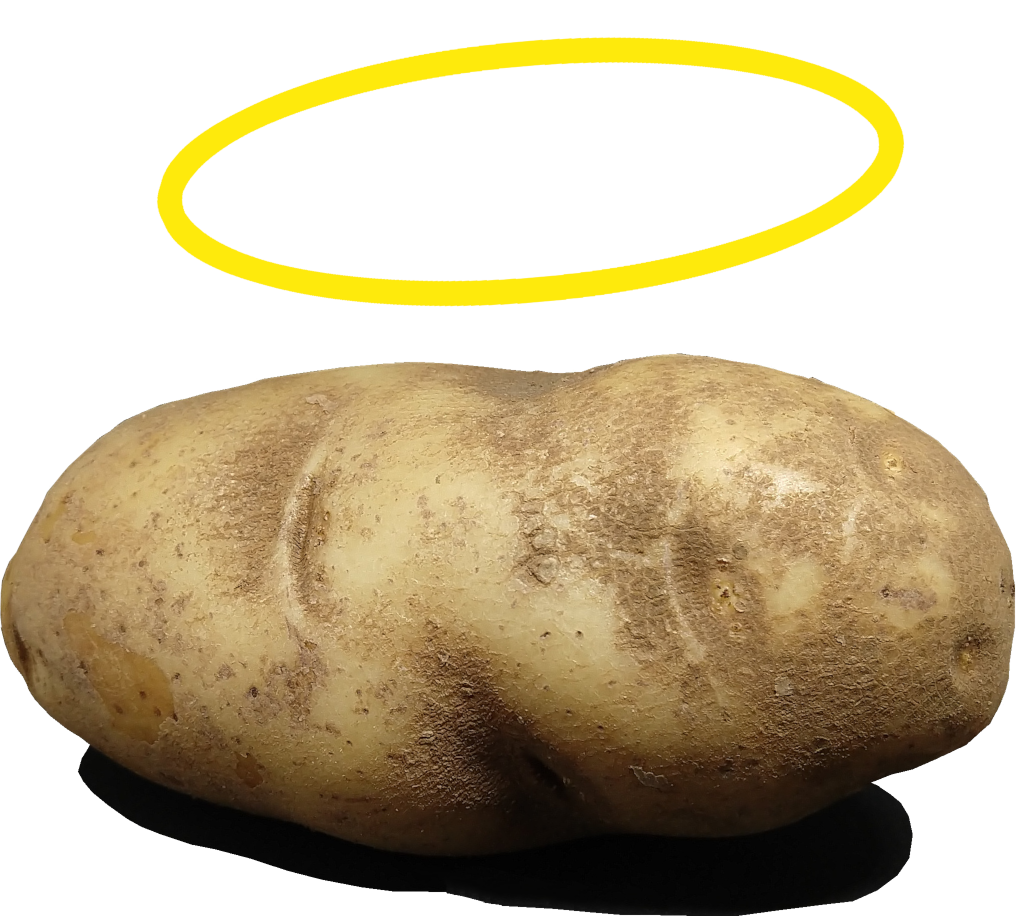
 |
Sacred Potato Productions |
 |
 | |||||||
spp > blog > robin_redbreast
Published Wednesday, October 06, 2021 at 2:35pm
 After A Photograph last week, I couldn't resist getting my hands on and watching a copy of its predecessor Robin Redbreast. Again, there's no real supernatural element in this one (or is there?), so we're talking more about what has come to be known as "folk horror." I used to call it "wiccansploitation", which is probably offensive to some and isn't entirely accurate since wicca only overlaps with a certain segment of folk horror. The term "folk horror" refers to fiction which uses folkloric elements to create horror. Often it involves the insular nature of rural communities, or the main character's recent isolation from the big city. Sometimes there's a supernatural element, but often (as in The Wicker Man or Midsommer) the horror comes from characters' strict adherence to ancient traditions (which, since we're talking about horror movies, generally means human sacrifice). I said when I wrote about A Photograph that I require a supernatural element in my horror films, but folk horror gets a pass because that's officially the name of the genre. And sometimes (rarely) my definition gets a little fuzzy. Anyway, once again, Robin Redbreast was written by John Bowen for the British anthology series, Play for Today, and was broadcast in December of 1970. It was recorded in color, but the only extant version is in black and white which is a shame because it's so good, and it wasn't meant to be presented that way. Robin Redbreast begins as a fish-out-of-water story. Norah Palmer is a BBC writer in early middle-age who moves to a rural community after the implosion of her long-term relationship. Her neighbors are eccentric but charming (some more than others), and she has a rodent problem. Her housekeeper, Mrs. Vigo, tells her to get in touch with Rob, the exterminator, who lives in the woods. Rob turns out to be much younger than Norah, rather handsome, and she speculates that he might make a good rebound fling when she finds him nearly naked and practicing karate in the forest. Her hopes fizzle when Rob turns out to be a dull conversationalist, but she does learn that his real name is Edgar. Rob is a nickname bestowed on him in his youth by his adoptive mother, Mrs. Vigo. One night she invites him upstairs after he saves her from a bird which has flown down her chimney. She can't find her diaphragm, but—oh well. It turns up in the morning in exactly the place she was looking for it, and a few weeks later she discovers that she's pregnant and decides to have an abortion. She has a last minute change of heart and cancels the abortion, after which relates the events to some friends from London, and it occurs to her that it's awfully convenient that Rob was working outside when the bird flew into the house. Or was it thrown down the chimney by someone on the roof? It's all terribly convenient. The next day Mrs. Vigo casually mentions Norah's pregnancy, which upsets Norah because she hasn't mentioned it to anyone in the village. Mrs. Vigo offers a plausible explanation, but Norah isn't convinced that the whole affair wasn't orchestrated for her. Nearing Easter, Norah's car won't start and the bus to London blows right past her without stopping. Returning home, she finds her phone dead, and she realizes that she's being deliberately isolated from the outside world. She begins to fear for her life, and to worry that her baby will be stolen from her. Rob begins pounding on the door, begging to be let in. Initially she refuses, but it becomes apparent that he's not involved in the conspiracy, and that he thinks the villagers are going to harm him. At this point, the villagers break into the house, and Norah, already extremely nervous, faints when one of them approaches her with an axe. You wanna know how this ends? If not, skip this paragraph. When Norah comes to, Rob is gone, evidently sacrificed by the villagers. The nickname Rob, she is old, is short for Robin Redbreast, a fertility figure in their particular brand of worship. Norah's child will be the next Robin Redbreast, and the village would be happy to take it off her hands, allowing her to return to her city life. She refuses, gets into her car, and drives off. One wonders how they'll keep tabs on her, and on her child, because they are definitely going to follow through with their plans one day. She casts one last glance at the town and sees her neighbors transformed into pagan archetypes. It's a weird ending to a weird film, but effective. I was reminded for obvious reasons of The Wicker Man and Shirley Jackson's The Lottery, which both approach similar subjects. John Bowen sure loves his social commentary, the question of free will, and tearing down the cosmopolitan assumption of superiority over rural life. Interestingly, Freda Bamford's Mrs. Vigo also appears in A Photograph, and I'm not sure if that has any significance, other than connecting the two stories. There's also a lot of frank discussion of abortion and a woman's right to handle her pregnancy on her own terms which surprised me, given the age of the film. But, I suppose, it was topical at the time (the UK had legalized abortion in 1967) and like Norah's urbane London friends, we've gotten very good at politely negotiating controversial subjects at arm's length.
| ||||||||
 |
 |
This page available under a Creative Commons Attribution-NonCommercial-ShareAlike 4.0 International License.
Some rights reserved, .